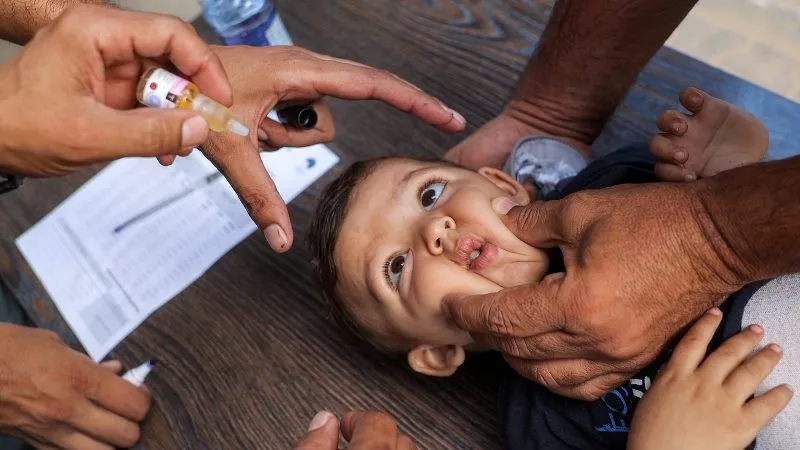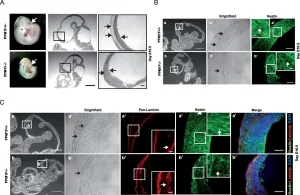Amid a troubling resurgence of polio in Pakistan, the Standing Committee on National Health Services, Regulations and Coordination (NHSRC) has issued a strong call for environmental interventions to complement ongoing vaccination efforts. The committee emphasized that vaccination alone is insufficient if children remain exposed to virus-contaminated environments.
Sanitation and Hygiene Under Scrutiny
The committee highlighted that poor drainage, stagnant water, and inadequate waste management in urban centers like Karachi and southern Khyber Pakhtunkhwa are fueling the virus’s spread. Members criticized local administrations for neglecting basic sanitation, which undermines the effectiveness of immunization campaigns.
Holistic Approach to Eradication
Committee Chair Dr. Mahesh Kumar Malani stressed the need for a multi-sectoral response, involving sanitation departments, law enforcement, and healthcare authorities. “Preventing polio requires more than vaccines—it demands clean environments and coordinated action,” he stated.
Missed Children and Security Challenges
The resurgence is also linked to security issues and logistical barriers that prevent vaccinators from reaching vulnerable populations. The committee urged authorities to improve access in high-risk zones and address the repeated failure to vaccinate large numbers of children.
Broader Healthcare Oversight
Beyond polio, the NHSRC meeting addressed regulatory failures in medical education and healthcare institutions. Concerns were raised over unresolved student cases, substandard medical devices, and administrative lapses at key facilities like the National Institute of Rehabilitation Medicine (NIRM).




+ There are no comments
Add yours